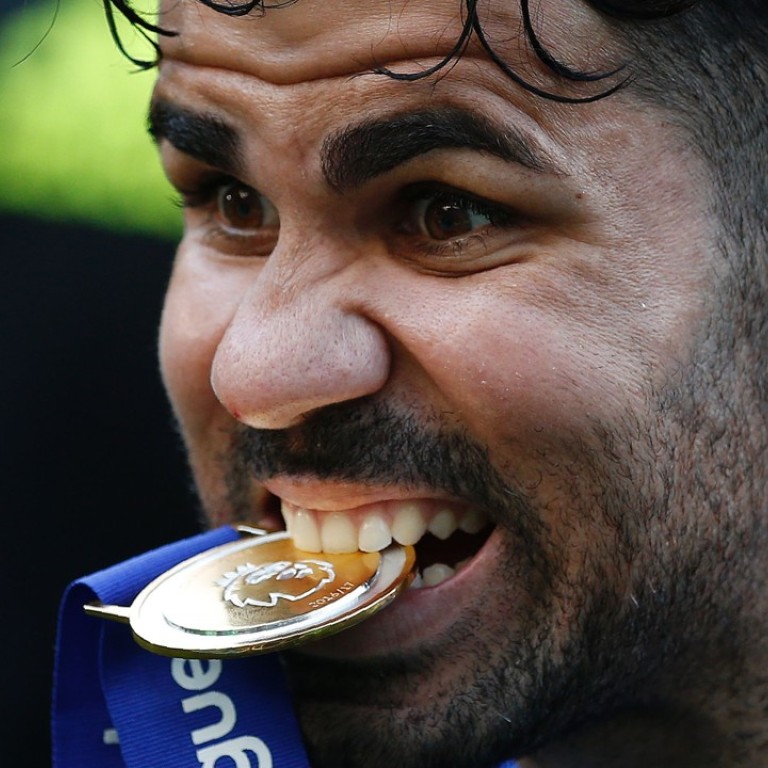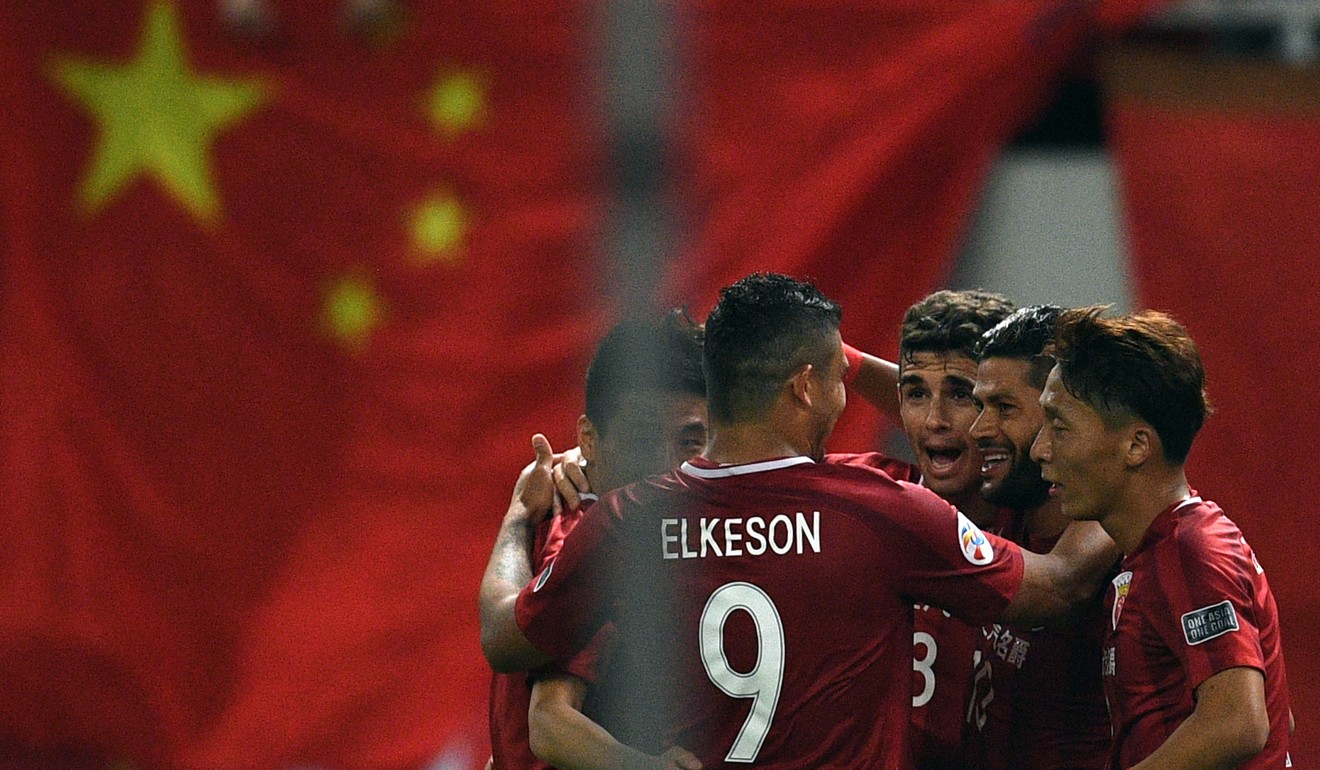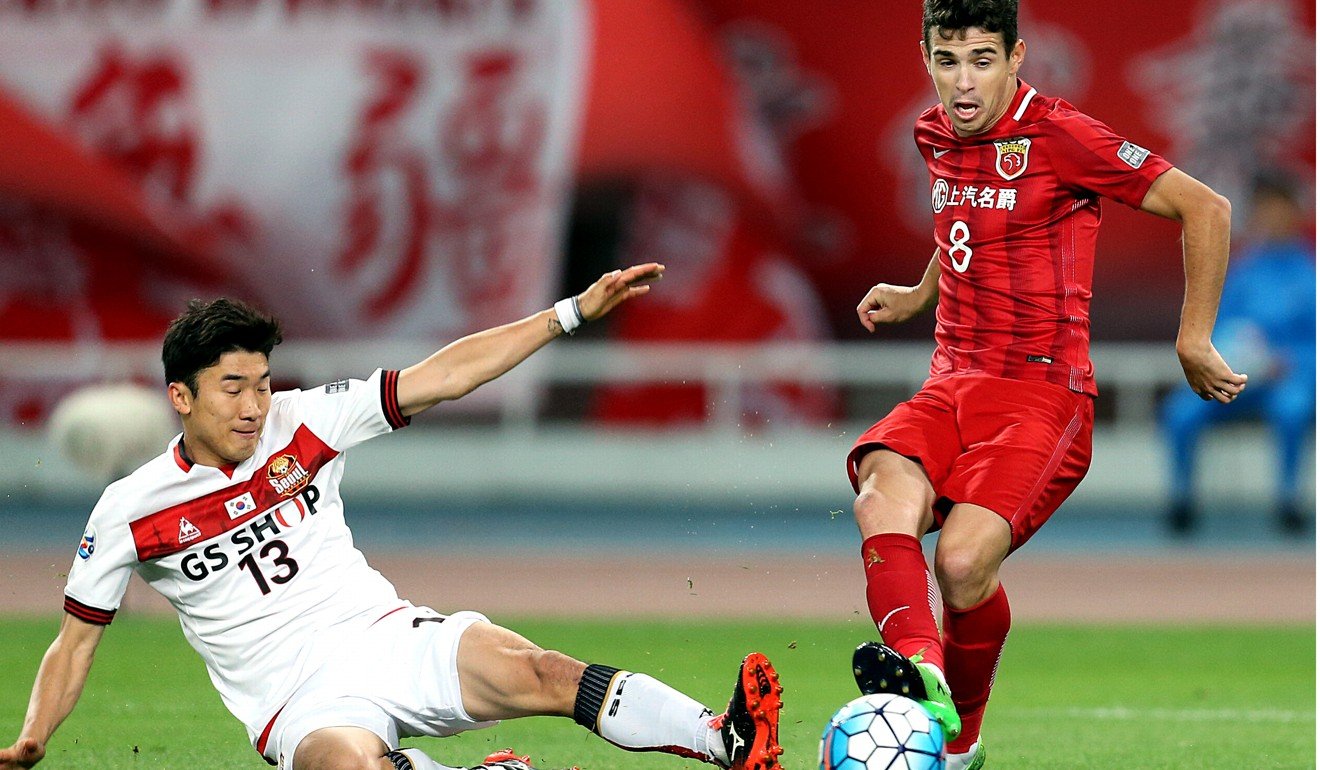
Diego Costa can surely forget China move after shock new 100 per cent ‘tax’ doubles price of foreign stars and likely bursts football bubble
Clubs will now have to pay the same amount they spend on overseas stars into a player development fund
Chinese football’s transfer boom looks over after the China Football Association announced a shock new ‘tax’ on foreign players – meaning Diego Costa’s mooted big-money move from Chelsea is surely dead in the water.
Under the new rule, peremptorily announced on the CFA website late on Wednesday night, “loss-making” clubs will have to pay the same amount they spend on signing an overseas player into a player development fund.
Since all Chinese Super League clubs are believed to be loss-making, the rule effectively doubles the price for foreign players.
“In order to limit professional clubs from pursuing short-term results, blindly trying to match [each other’s] high-priced signings, and behaviour driving up prices, to maintain market order, and promote the healthy and stable development of professional football, [we have] decided: from the 2017 summer transfer window, loss-making clubs will be charged an adjustment fee for foreign signings,” read the announcement.

“Clubs signing players through capital expenditure will be charged the same amount, with the full sum going to the Chinese Football Development Foundation, to train young players, promote social football and soccer charity activities.”
The statement also repeated that “it is strictly forbidden to obtain illegal benefits by signing yin-yang contracts”.
‘Yin-yang contracts’ have been a widespread phenomenon in China’s real-estate bubble, where one contract is produced declaring one price to tax authorities, while another with the real price is exchanged between buyers and sellers.
The CFA’s constant warning against such contracts suggest those in power believe some of the transfer fees paid by Chinese clubs on overseas stars have been inflated in order to launder money.
China has stunned world football in recent transfer windows by repeatedly smashing transfer records to sign big-money foreign players. Last winter saw Chelsea’s Brazilian international Oscar sign for Shanghai SIPG for a reported €60 million.

Chelsea star Costa has been continually linked with a massive move to Tianjin Quanjian in British press, but would now cost €200 million or more, surely enough to dissuade even China’s spendthrift clubs.
Tianjin issued a statement on Tuesday, suggesting they may have had advance notice of the rule change, saying “[We] will not engage in any sort of unhealthy competition and will put a stop to any excessive pricing.”
The government has appeared increasingly worried about the potential for capital flight and money laundering in such deals, as well as the doubtful benefits of such players to improving the quality Chinese players.
The CFA stunned clubs in January with a new limit on the number of foreign players allowed; the latest move suggests it, or powers above it in Beijing, felt that rule change had not gone far enough.
Another new rule was also announced, declaring that from next season teams will have to play one under-23 Chinese player for every foreigner in their starting XI.
China has declared its intention to become a “soccer superpower” and wants to qualify for, host and eventually win a World Cup.

